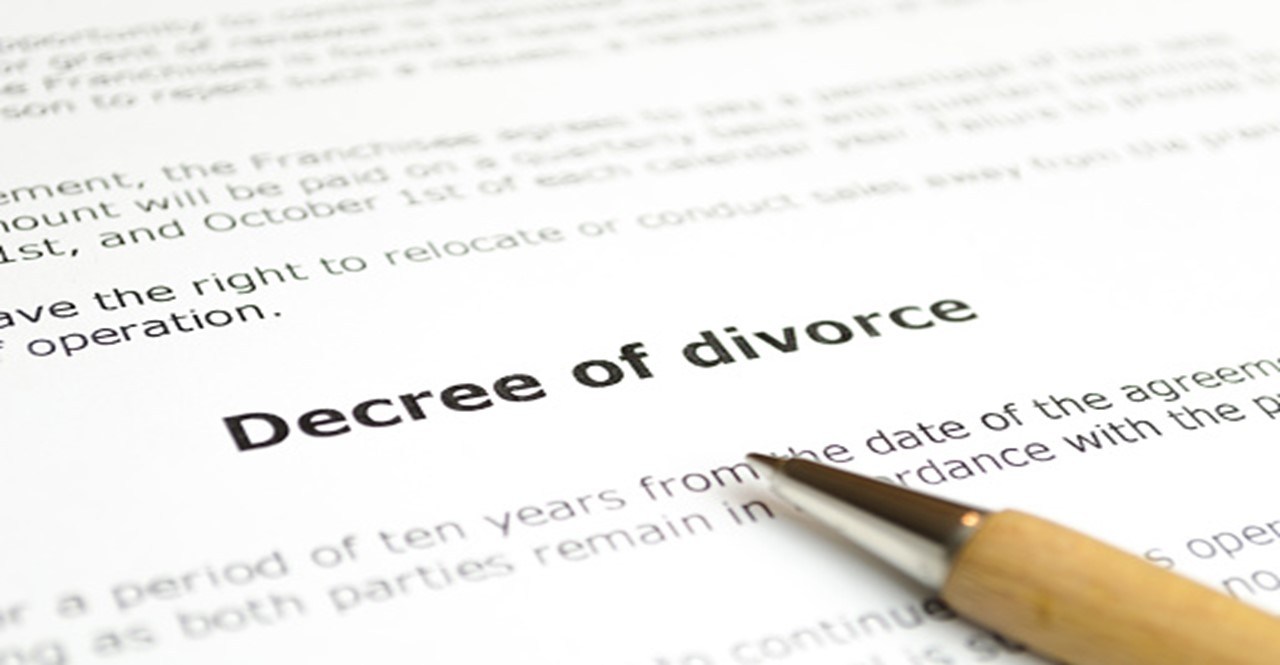How Long a Divorce Case Can Last
Divorce cases can vary widely in duration depending on several factors, including the complexity of the issues involved and the level of cooperation between both parties. AGB Lawyers Professional Corporation in Ottawa, Ontario specializes in guiding individuals through the divorce process, helping make the experience as smooth and efficient as possible. In this article, we will explore key factors that impact the duration of a divorce case, outline the typical stages, highlight common causes of delays, and share practical tips for streamlining the process.
Factors Affecting the Divorce Case Timeline
The length of a divorce proceeding can vary widely depending on several key factors, some of which are within your control, while others are dictated by external circumstances. Common influences include:
- Complexity of the Divorce – Cases involving significant assets, business interests or children often require more time to resolve due to the need for detailed agreements.
- Level of Cooperation – A smoother process is more likely when both parties are open to negotiation and compromise. High-conflict situations or unresolved disputes can significantly extend the timeline.
- Court Availability – The court’s schedule can also impact progress, especially if there are limited hearing dates available.
Experienced Legal Support – Working with skilled divorce lawyers, such as the team at AGB Lawyers, can help minimize delays, ensure legal procedures are abided by, and keep the process moving forward efficiently.

Typical Stages of a Divorce Case
While every divorce is different, most cases follow a standard sequence of steps. Understanding each phase can help you navigate the process with greater confidence:
- Filing for Divorce – The process begins when one party files a divorce application with the court, officially initiating legal proceedings.
- Serving Divorce Papers – The other spouse is formally served with the divorce documents and given the opportunity to respond.
- Exchange of Information – Both parties must disclose relevant financial and personal information.
- Negotiation or Mediation – Many divorce cases are resolved outside of court through negotiation or mediation, where both parties work toward mutually agreeable terms on issues such as property division and parenting arrangements.
- Court Proceeding – If settlement efforts fail, the case proceeds to court, where a judge will resolve any outstanding matters and issue final decisions.
Potential Delays in Divorce Cases
Unfortunately, delays can occur during divorce cases, but knowing what can slow the process helps you prepare and respond proactively. Key contributors to extended timelines include:
- Disputed Issues – Disagreements over matters such as child custody, spousal support, or property division often lengthen the process, especially when negotiation proves difficult.
- Incomplete or Incorrect Paperwork – Errors or missing documentation can significantly delay proceedings. At AGB Lawyers, we ensure that all required forms are completed accurately and timely to help avoid unnecessary setbacks.
- Scheduling Conflicts – Availability of the court or scheduling clashes between counsel may result in delays, particularly in busy court jurisdictions.
Tips for Expediting the Divorce Process
While some delays in divorce proceedings are unavoidable, there are steps you can take to help keep things moving efficiently:
- Choose Mediation or a Collaborative Divorce – When both parties are willing to engage in mediation or a collaborative approach, it can eliminate the need for prolonged court proceedings and expedite resolution.
- Stay Organized – Keep track of all relevant documents and respond promptly to requests from your lawyer. Staying on top of paperwork helps prevent unnecessary holdups.
- Communicate Regularly – Regular, respectful communication with your spouse and legal team helps minimize misunderstandings that could lead to delays.
- Be Willing to Compromise – Resolving disputes quickly, even if it requires some compromises, can significantly reduce the time and emotional strain involved.
Key Factors Influencing Divorce Case Durations
The duration of a divorce case can vary widely depending on specific circumstances. Here are several common factors that may extend the timeline:
- Custody Disputes Involving Children – Divorces involving children often take longer due to the complexity of custody arrangements.
- High-Value or Complex Assets – Dividing substantial property holdings or business interests typically involves detailed evaluations and customized agreements, which can slow the process.
- Jurisdictional Transfers – If one party relocates or requests that the case be transferred to another jurisdiction, it may introduce procedural delays and complications.
- Court Backlogs – Limited availability for hearing dates and high case volume within the court system, especially in areas such as Ottawa, can result in scheduling delays.
Conclusion
While every divorce is unique, understanding the common factors and potential delays can provide valuable insight into how long your case may take. From the initial filing to final court proceedings, the process requires time, patience, and careful planning. With guidance from the experienced family law professionals at AGB Lawyers, you can approach your divorce with confidence. Our team is dedicated to supporting you through every stage, ensuring the process is as smooth and efficient as possible while prioritizing professionalism, empathy, and personalized care.
For more information about how AGB Lawyers can assist with your divorce case or any other family law matters, visit our website or contact our office to schedule a consultation today.
